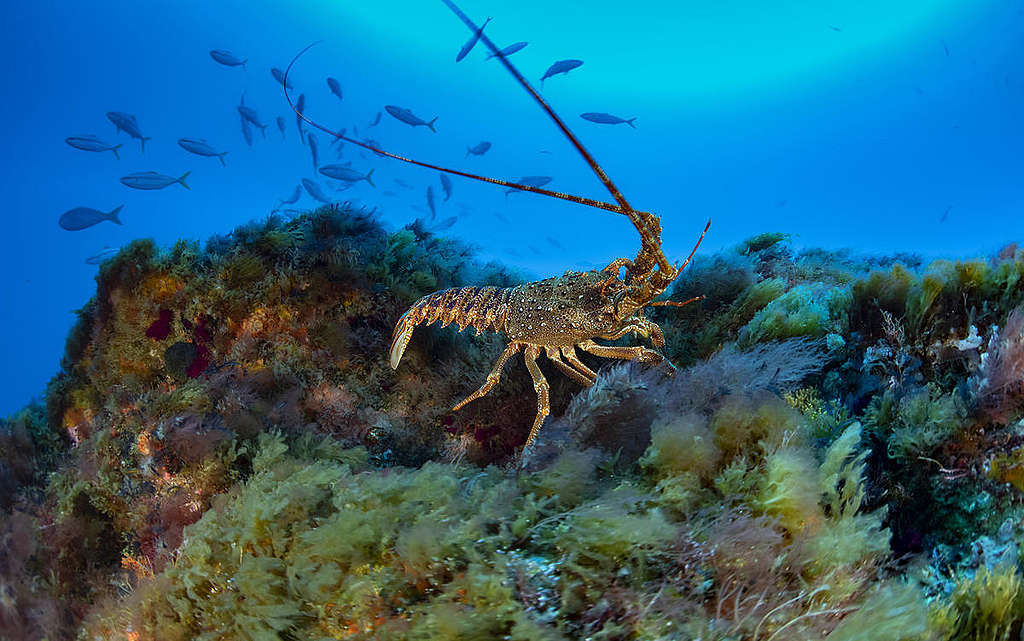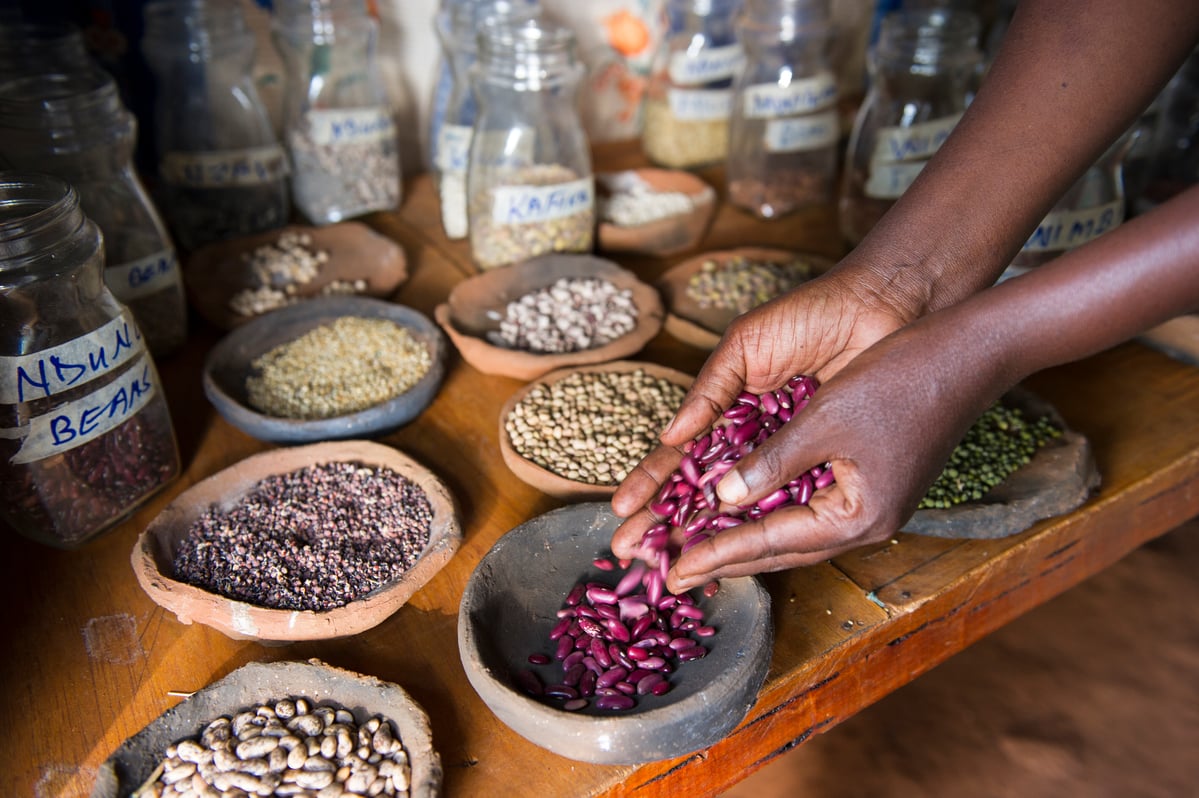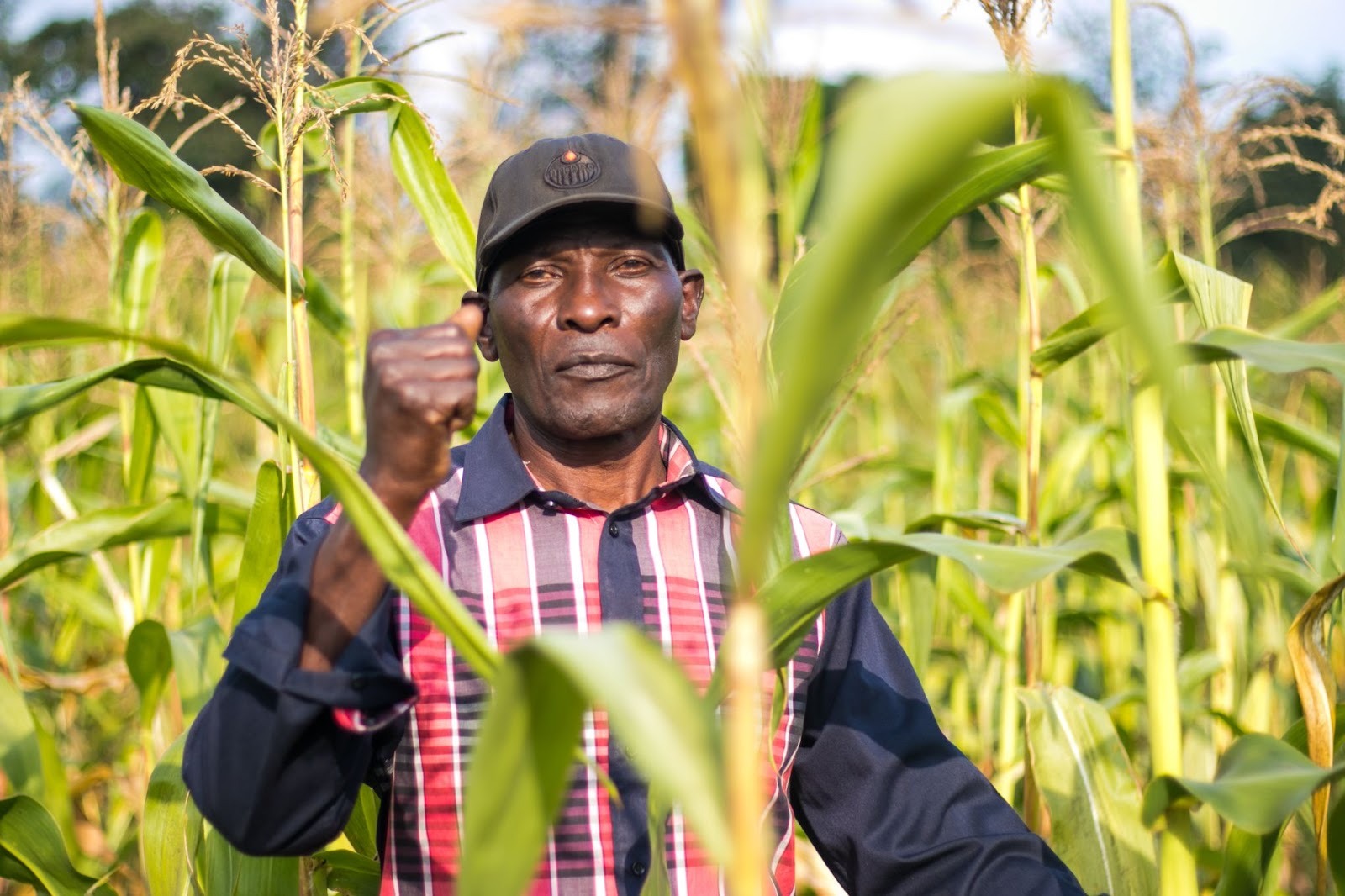Dakar, 8 June, 2020 – On World Oceans Day, Senegal’s Minister of Fisheries rejected the licensing requests for 52 foreign new industrial fishing vessels. The decision follows weeks of campaigning by artisanal fishermen, female fish processors and NGOs, including Greenpeace Africa, peaking over the past weekend with nationwide “red masks demonstrations” by the fishing community.
“Today marks a milestone for the fights for economic and environmental justice in West Africa”, said Dr. Ibrahima Cissé, Greenpeace Africa Oceans Campaign Manager. “The multinational fishing industry tried using COVID-19 lockdowns to open up the ocean for further exploitation, but the attempt was countered by an effective coalition of fishery associations and civil society”, Dr. Cissé added.
The decision by the Minister of Fisheries, Alioune Ndoye, followed the campaign that began immediately after the licensing for 52 industrial vessels was requested, some of which were previously implicated in Illegal, Unreported and Unregulated fishing (IUU) denounced by Greenpeace. The campaign involved a broad and unprecedented coalition and peaked over the past weekend in a series of demonstrations in eight sites across the country. Hundreds of artisanal fishermen, female fish processors and volunteers wore red masks against the plunder of their ocean, bearing messages: “No to illegal Licenses”, “Protect our Resources”, “Protect our Oceans”.
“The decision by Minister Ndoye helps secure the livelihood of coastal communities and gives a chance for the ocean to recover, after a decade when the industrial fishing industry had threatened to deplete our fish stocks. Coupled with the historical commitment by Senegal’s government to join the UK-led initiative to protect 30% of the world’s oceans by 2030, for which Greenpeace is campaigning since 2002, we may finally be sailing in the right direction”, Cissé concluded.
Greenpeace Africa will continue campaigning to introduce more transparency into the fishing sector and to shut down all fishmeal and fish oil factories in the country in order to support local communities and protect marine life.
Photos and Videos from protests in eight locations (Cayar, Joal, Rufisque, Saint-Louis, Kafountine, Mbour, Yenn and Yarakh) available here.
Reference: 30 x 30: A Blueprint For Ocean Protection / en français (University of Oxford, University of York and Greenpeace)
Contact:
Tal Harris, International Communications Coordinator, Greenpeace Africa, [email protected], +221-774643195
Dr. Ibrahima Cissé, Greenpeace Africa Oceans Campaign Manager [email protected], +221770998842Greenpeace Africa Newsdesk: [email protected]




Discussion
[email protected]
Betika
Lets join hands together to make the Oceans what it should be during our time and beyond.
👍